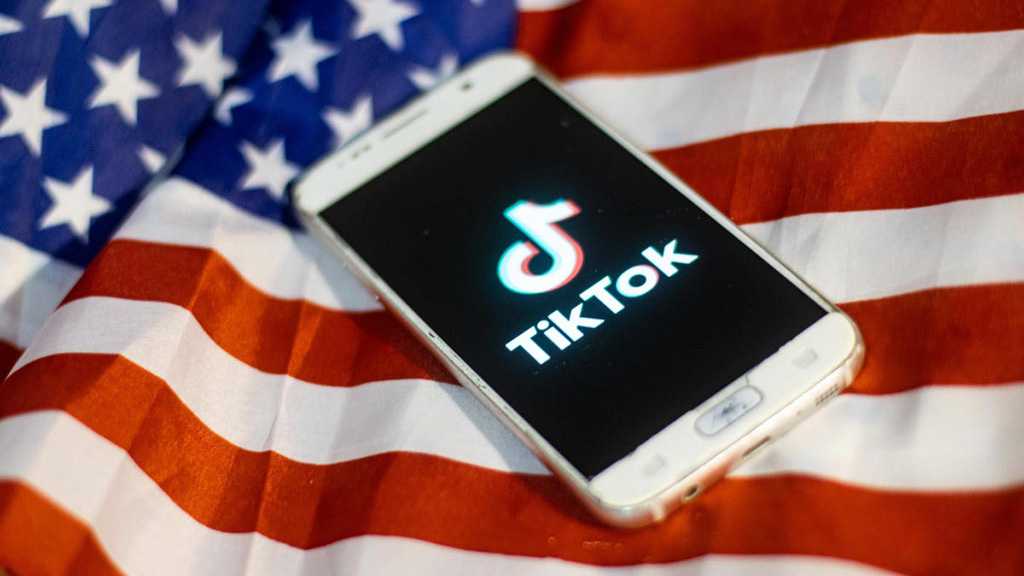US Seeks to Outlaw TikTok but Faces Obstacles

By Staff, Agencies
President Joe Biden signed legislation in December banning federal employees from using TikTok on government devices due to "national security" threats. And more than 25 states have taken measures against the popular app, either by prohibiting its usage on government devices or filing litigation.
Some believe that these measures are good, but not enough. They contend that the app should be fully outlawed in the United States due to mounting concerns that it could be used to spy on Americans.
For the past two years, the US government has been trying to find ways to address the threat posed by TikTok, the most popular mobile app in the country with roughly 100 million monthly active users.
Legal experts argue that the Biden administration is being more careful than its predecessor to avoid legal challenges. Since content shared on TikTok is considered free expression, it enjoys protection under the First Amendment.
Arthur Herman, a senior fellow and director of the Quantum Alliance Initiative at Hudson Institute, disagrees that legal hurdles are the main problem. Despite the gravity of the threat, Herman told The Epoch Times that the Biden administration “has been reluctant to really push on the China front.”
He cited the actions of the government of India as an example and advised that the United States pursue similar measures. In 2020, following a violent border incident with China, India completely banned TikTok along with hundreds of other Chinese apps.
In his final months in office, President Donald Trump attempted to ban TikTok through an executive order; however, numerous federal courts struck his order down. After Biden took office, he revoked Trump’s executive order. Biden suggested using an “evidence-based approach” to find out if TikTok was a real threat to US "national security".
Herman claimed that due to the administration’s reluctance to act in the past two years, Congress and dozens of states had taken matters into their own hands and blocked the app on government devices as a first step.
Herman believes, in the next two years, Congress will be the driving force behind a total ban on TikTok.
The Committee on Foreign Investment in the United States [CFIUS], an interagency government panel, has been negotiating with TikTok for more than two years.
The Biden administration has been reportedly looking into ways to divorce the app from its Chinese owner, Beijing-based ByteDance Ltd. However, there are opposing viewpoints within the administration, causing a stalemate, according to a Wall Street Journal article.
The US “Justice” and War Departments are advocating for a forced sale of TikTok’s US operations due to "national security" concerns, the article stated, citing people familiar with the matter.
If CFIUS determines that the app poses a "national security" threat, it might recommend that the president order the app’s forced sale by ByteDance. However, the Treasury Department, which chairs the panel, does not consider forced sale a viable option as such an order could be overturned again in courts, according to the article.
The White House didn’t respond to a request for comment.
Banning TikTok completely is not an easy solution, according to James Andrew Lewis, director of the strategic technologies program at the Center for Strategic and International Studies [CSIS].
“The US government does not have the authority to ban speech. Postings on TikTok are protected by the First Amendment since they are a form of speech,” Lewis wrote in a commentary in November.
He noted that any attempt to restrict Americans’ access to TikTok would not withstand a court challenge.
However, Fred Cate, a law professor and vice president of research at Indiana University, contends that the US government has vast powers if it believes a company is threatening "national security". But it all comes down to gathering sufficient evidence, said Cate, who specializes in information privacy and security law.




